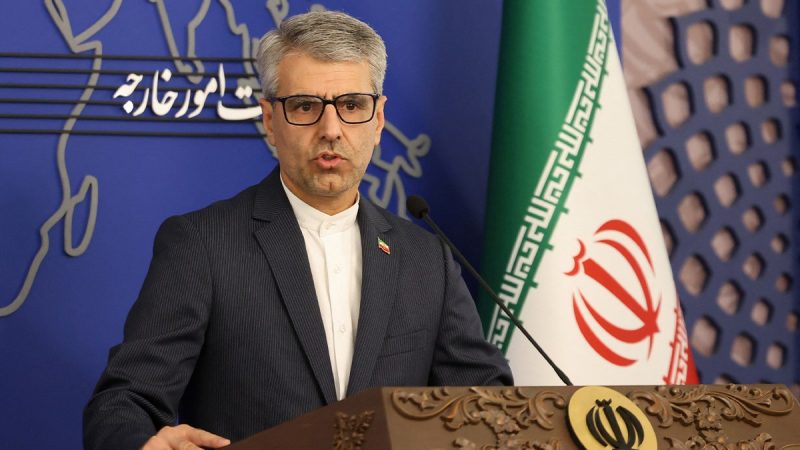Iran Denies Involvement in Trump Assassination Plot Outlined in DOJ Report: Malicious Conspiracy or Misunderstanding?
The recent buzz surrounding the alleged assassination plot against former President Donald Trump that was outlined in a Department of Justice report has stirred up a storm of controversy and suspicion. The report claims that Iranian intelligence officials had devised a plan to assassinate Trump during his term in office but ultimately decided not to proceed with it. However, Iranian officials have vehemently denied any involvement in such a plot, dismissing the allegations as a malicious conspiracy.
The timing of these allegations is crucial, coming at a time of heightened tensions between the United States and Iran. Relations between the two countries have been strained for years, with the Trump administration’s decision to withdraw from the Iran nuclear deal in 2018 exacerbating the situation. The assassination plot allegations, if true, would undoubtedly escalate tensions further and could potentially lead to military confrontation.
It is important to approach these allegations with a critical eye and consider the context in which they have emerged. Accusations of assassination plots, especially involving high-profile figures like a former president, are serious and must be thoroughly investigated. However, it is also essential to evaluate the credibility of the sources and the motivations behind the accusations.
The Iranian government’s denial of involvement in the alleged plot raises questions about the intentions of those making the accusations. Is this a genuine security concern, or is it a politically motivated move to demonize Iran and justify further aggressive actions against the country? In the murky world of international politics, it can be challenging to discern the truth from propaganda.
Furthermore, the lack of concrete evidence presented in the DOJ report is concerning. Allegations of this magnitude require solid proof to substantiate them, especially when they come from official government sources. Without tangible evidence to support the claims, it becomes challenging to separate fact from fiction and determine the validity of the accusations.
The implications of these allegations, whether true or false, are far-reaching. If Iran was indeed behind the assassination plot, it would signal a dangerous escalation in hostilities between the two countries and could potentially lead to a full-blown conflict. On the other hand, if the accusations are baseless and fueled by ulterior motives, they could serve to further sour relations between the United States and Iran.
In conclusion, the alleged assassination plot against former President Donald Trump outlined in the DOJ report has reignited tensions between the United States and Iran. The seriousness of these accusations demands a thorough and impartial investigation to determine their veracity. In the complex world of international politics, it is crucial to approach such allegations with caution and skepticism, taking into account the potential motivations behind them. Only through a diligent examination of the facts can we hope to uncover the truth behind this intricate web of conspiracy and intrigue.
